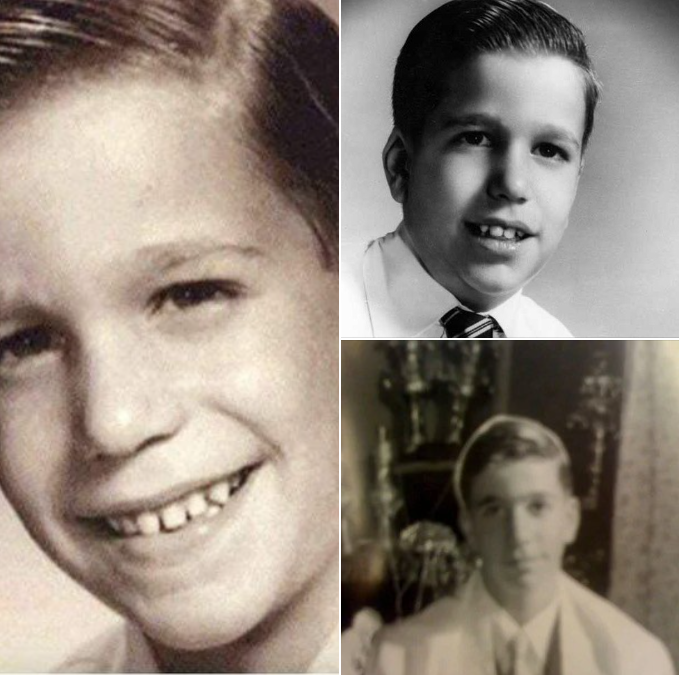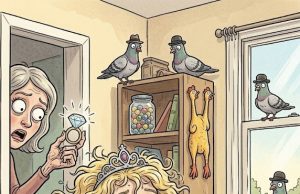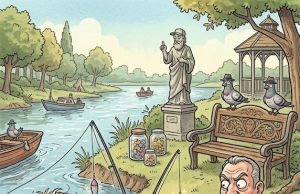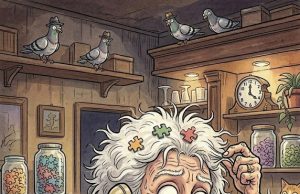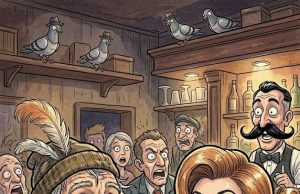Henry Winkler didn’t read a book until he was 31, then a diagnosis led him to inspire kids with similar struggles
For Winkler, success did not come easy.
The well-known actor faced numerous challenges throughout his life. He struggled in school which resulted in harsh punishment from his parents, and after awhile the putdowns and name-calling, something he vowed he would never do to his own children, affected his confidence.
It wouldn’t be until decades later that he would learn there was a reason he struggled, and knowing how much it set him back he wanted to use his diagnosis to inspire others, especially children.
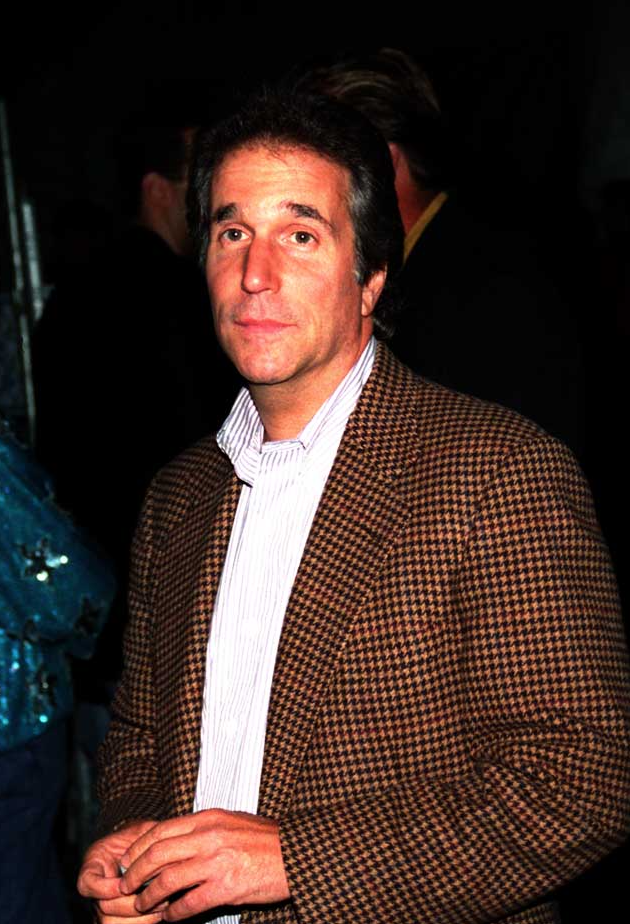
Winkler is an accomplished actor, but it did not come easy to him. In fact, he had to work extremely hard for all of his accomplishments.
And it all began when he was a child.
His childhood was filled with high expectations, particularly in education, due to his parents’ beliefs.
“My parents were very, very, very, very, very short Jews from Germany,” Winkler told The Yale Center for Dyslexia & Creativity. “They believed in education. They thought I was lazy. I was called lazy. I was called stupid. I was told I was not living up to my potential.”
But Winkler refused to believe his parents. He felt he was trying as hard as he could.
‘I don’t want to be stupid.’
Though Winkler tried nearly every trick in the book, he found it extremely difficult to succeed in school, which not only resulted in punishment from his parents, but kept him from participating in school dances or plays.
“I was grounded for most of my high school career. They thought if I stayed at my desk for 6 weeks at a time, I was going to get it and they were just going to put an end to the silliness of my laziness. That was going to be that.”
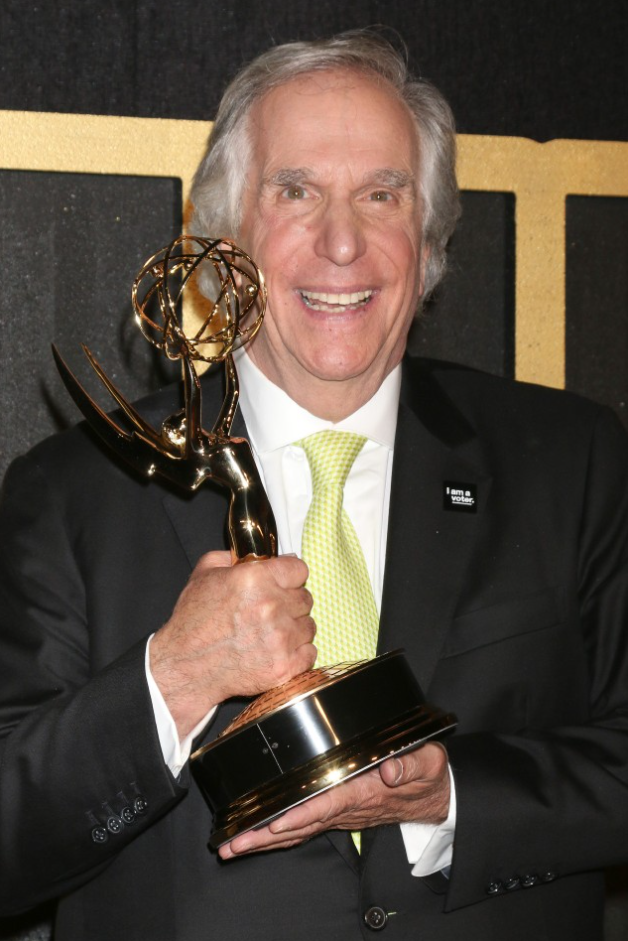
Despite these challenges, Winkler managed to graduate from Yale University with a Master’s in Fine Arts.
However, he encountered a new hurdle after graduation – reading scripts.
“You learn to negotiate with your learning challenge. I improvised. I never read anything the way that it was written in my entire life.”
“I could instantly memorize a lot of it and then what I didn’t know, I made up and threw caution to the wind and did it with conviction and sometimes I made them laugh and sometimes I got hired,” he said.
He eventually was cast as Arthur “Fonzie” Fonzarelli in Happy Days, but he admitted he struggled during table reads.
“When we did Happy Days, I embarrassed myself for 10 years reading around that table with the producers, the other actors, the director, all of the department heads. On Monday morning, we read the scripts. I stumbled over every word. I was completely embarrassed. Memorizing, if it’s written well, my brain is then able to suck it up like a vacuum cleaner.”
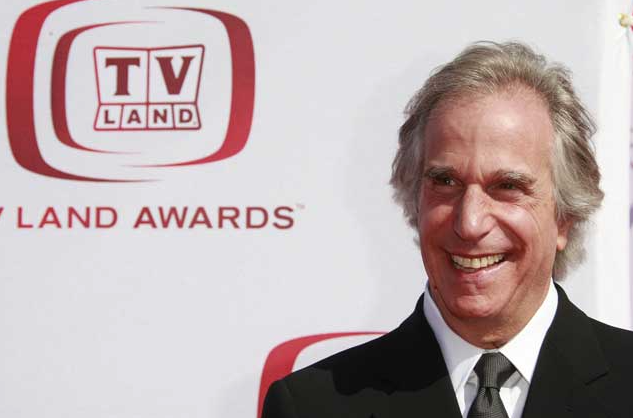
It wasn’t until his stepson experienced similar struggles in school that Winkler began to suspect he might have dyslexia too.
“I went, ‘Oh my goodness. I have something with a name.’ That was when I first got it.”
Winkler was 31 years old at the time.
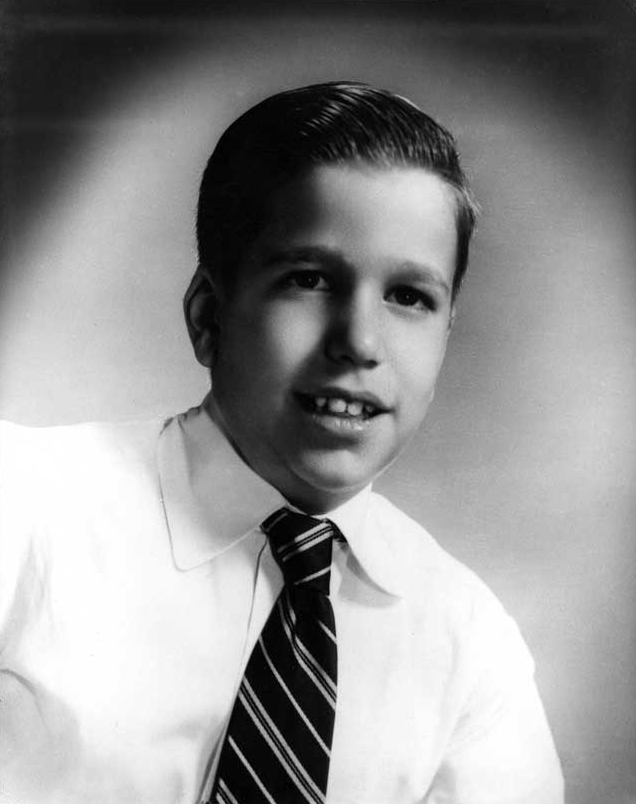
“I didn’t read a book until I was 31 years old when I was diagnosed with dyslexia. Books terrified me. They made me nervous,” he said.
After learning his struggles with reading were due to a learning disability, Winkler became angry.
“I got very angry. Because all of the arguments in my house with the short Germans who were my parents were for naught. All of the grounding was for naught.”
But then he used his diagnosis to inspire others, especially children, and he did it by writing a children’s series featuring a boy named Hank, an elementary school student with dyslexia.
The series has connected with many as Winkler said he often receives letters from children.
“Every child who writes me a letter about Hank Zipzer, I write back. In every letter I include, ‘your learning challenge will not stop you from meeting your dream. Only you will stop yourself from meeting your dream.’”
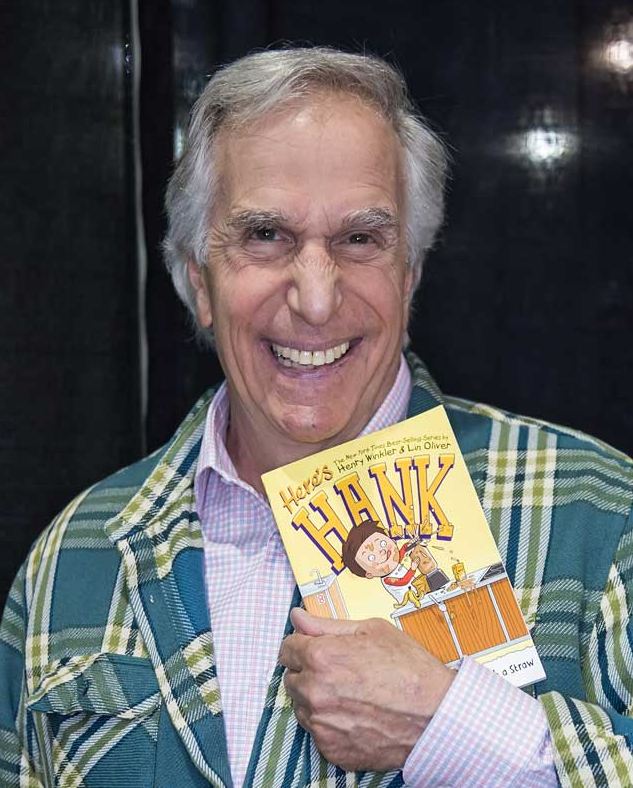
Despite his ongoing learning challenges, Winkler has achieved remarkable success. In addition to winning numerous awards for his Hollywood career, he has written several books, and it was just recently announced his memoir would be released in 2024.
Although he has accomplished so much, he said, “Outside of my family, my proudest moment, no matter what I have achieved, are the books.”

